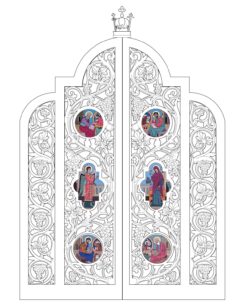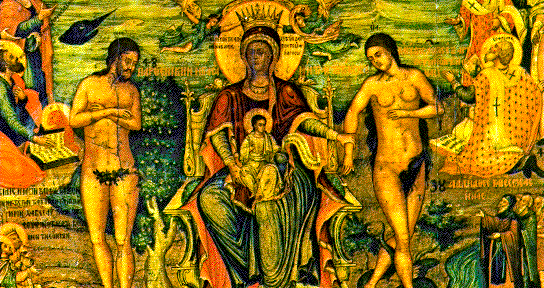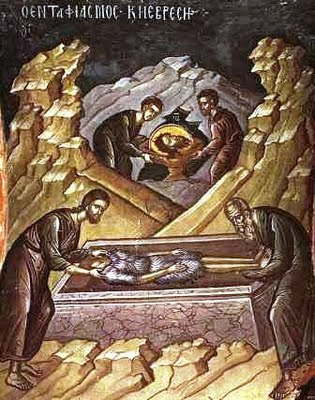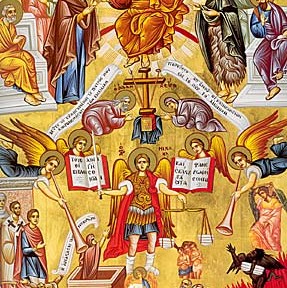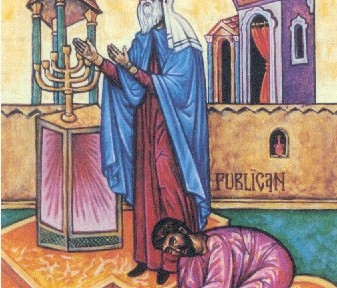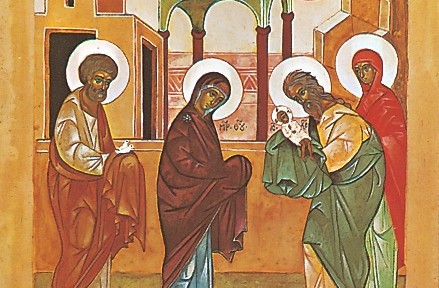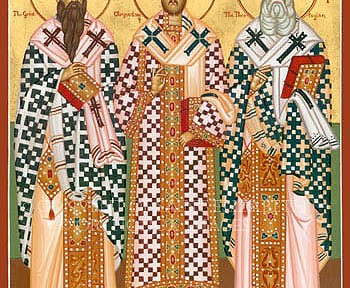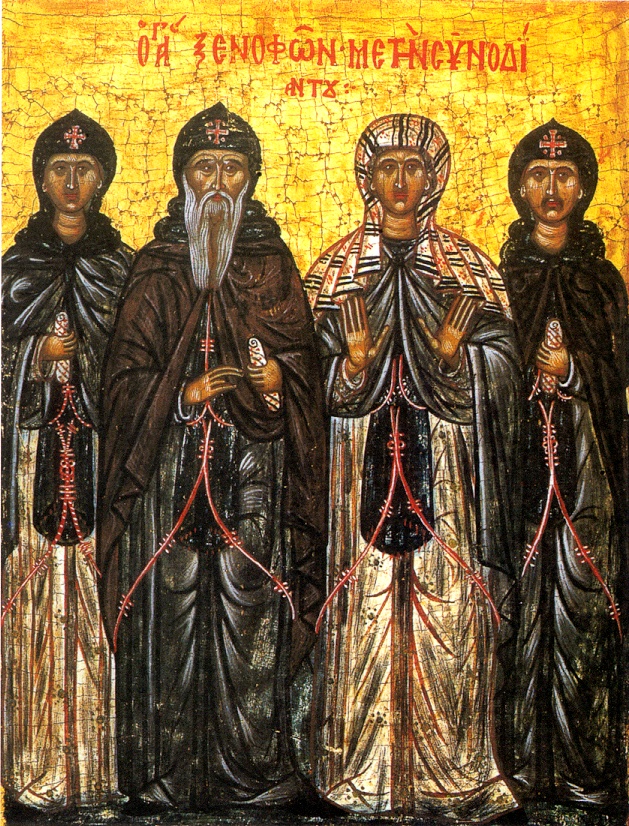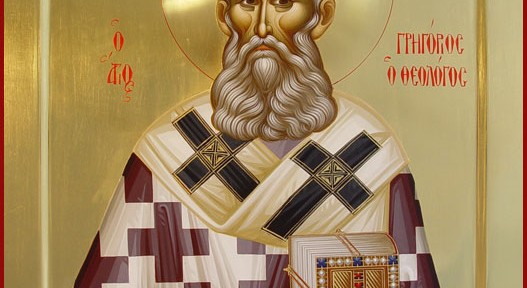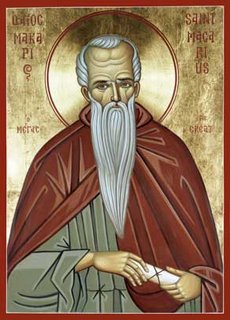Because of his wisdom and kindness, Theodotus was elected to the episcopacy and governed the Church of God with love and zeal. When the persecution of Christians began during the reign of the wicked Emperor Licinius, this godly man was brought to trial and put through many tortures. When the torturer Sabinus advised him to deny Christ and to bow down before pagan idols and to worship them, Theodotus replied, “If you knew the goodness of my God in Whom I hope, that because of these temporary sufferings, will make me worthy of eternal life, you also would wish to suffer in the same manner as I.” The torturers began to strike his body with nails, and he prayed to God with gratitude. Thinking his end was near, Theodotus counseled and taught the Christians who were assembled around him. By the Providence of God, the Emperor Constantine at that time proclaimed freedom to Christians and ordered that all who were sentenced be released for the sake of Christ. And so, this saint was freed and returned to his prior position in Kyrenia. Astortured as he was, Theodotus lived for several more years. After that, he found repose in the Lord, Whom he faithfully served and for Whom he suffered. In the year 302 A.D. his earthly life ended and was translated to the mansions of our Lord. (Prologue of Ohrid)
On the final day before Great Lent, the Gospel teaches us the importance of reconciliation with one another, of mutual forgiveness. Vespers and Matins for this Sunday sing about the Garden of Paradise, which we lost through the Fall of Adam and Eve. Again this reminds us that in this world we are exiles, that our true home is in the Eternal Paradise, the Heavenly Kingdom, and that the Paschal Pilgrimage leads us toward our eternal homeland. This Sunday is also called Cheese-Fare Sunday because according to the traditional rules of fasting, this is the last day when dairy products may be eaten. Some parishes have a meatless dinner on this day, to consume any remaining dairy products. Great Lent begins with Vespers on the evening of Forgiveness Sunday. The service is dramatic: it begins with the priest and deacon in bright vestments as though for a feast. At “Lord, I have cried,” we sing “Let us abstain from passions as we abstain from food, and persevere, to be worthy to see the Holy Passion of Christ our God, and the joy of His Holy Resurrection.” The Royal Doors are opened, and there is an Entrance. Suddenly, everything changes. We sing the great Prokeimenon: “Turn not Your Face away from Your servant, for I am in trouble, pay attention to me, draw near to my soul and redeem me!” Lent has arrived. The priest removes his bright vestments and puts on a dark epitrakhil, the Royal Doors are closed, and the rest of Vespers follows the Lenten pattern. The responses are sung according to the unique Lenten chant. “Behold, this is the favourable time, the season of conversion. Let us turn away from the works of darkness, and clothe ourselves with the armour of light, so that crossing the ocean of the Fast, we may come to the harbour of the Resurrection….” Just before the end of Vespers, the priest offers the Prayer of Saint Ephraim the Syrian. This is the first time this typical prayer of Lent appears in our worship. After Vespers, as we begin Lent, we offer one another mutual forgiveness. In our Lenten repentance, we are asking God to forgive us; God requires us to forgive one another as well. Mutual forgiveness is not easy; it requires the grace and help of God. (Bishop Basil Losten, Our Paschal Pilgrimage)
